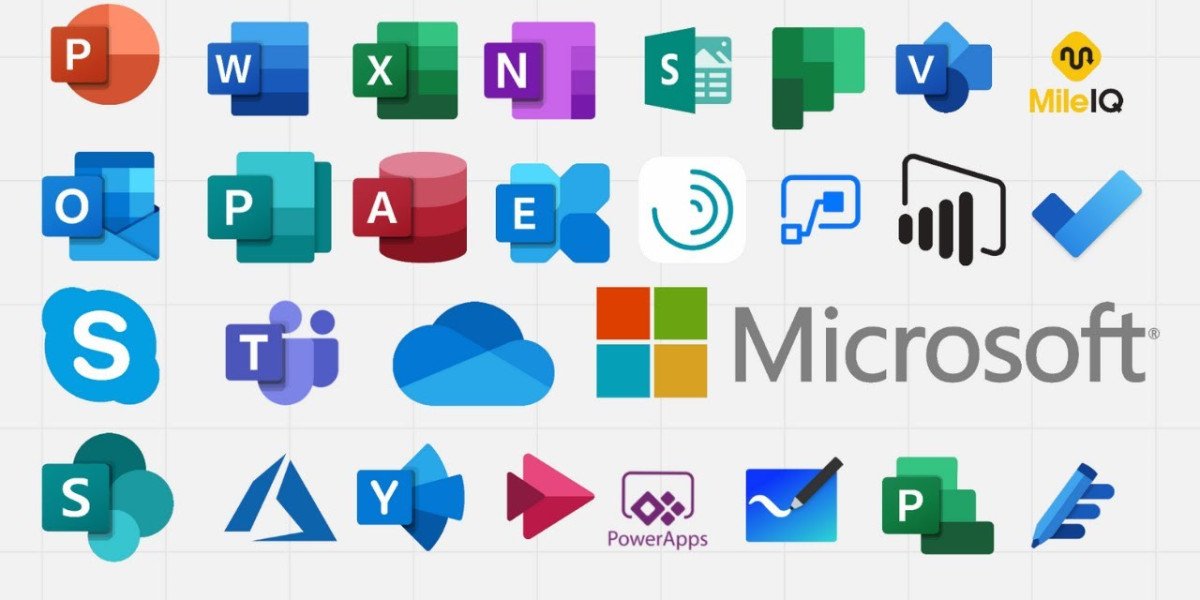The Complex Landscape of Paying Someone to Take Your Online Class
In the digital age of education, the phrase "pay someone to take my online class"has become a contentious topic that reflects the challenges and pressures students face in the evolving academic landscape. Online classes, while offering flexibility and accessibility, can also pose overwhelming demands on students' time and resources. This has led some individuals to consider outsourcing the entire responsibility of an online class. Let's explore the dynamics, potential advantages, and ethical considerations associated with paying someone to take your online class.
**Advantages:**
1. **Time Management:** A primary motivator for paying someone to take an online class is the challenge of time management. Students juggling work, family, and other commitments may find it difficult to allocate sufficient time to online coursework. Outsourcing the class allows for better time distribution, reducing the burden on the student.
2. **Expertise and Quality:** Professionals who offer to take online classes are often experts in the respective subjects. This expertise can result in high-quality assignments, discussions, and exam submissions, potentially leading to better overall performance in the class.
3. **Reduced Stress:** The pressure to excel in an online class, with its deadlines and requirements, can contribute to significant stress for students. Paying someone to take the class can alleviate this stress, allowing students to focus on other aspects of their lives without compromising their academic success.
4. **Flexibility:** For students with complex schedules or those managing multiple courses simultaneously, outsourcing an online class provides flexibility to navigate academic requirements more seamlessly.
**Considerations:**
1. **Academic Integrity:** The most significant consideration when contemplating paying someone to take an online class is the potential breach of academic integrity. Educational institutions strictly prohibit impersonation or submitting work completed by someone else. Violating these policies can lead to severe consequences, including academic penalties or expulsion.
2. **Learning Deficiency:** Education is not only about obtaining grades but also about acquiring knowledge and developing critical thinking skills. When someone else takes an entire class on your behalf, the fundamental purpose of learning is compromised, leading to a deficiency in personal growth and understanding of the subject matter.
3. **Financial Implications:** Paying someone to take an online class comes with a financial cost. Students must carefully consider whether the affordability of such services aligns with their budget and educational goals.
4. **Risk of Detection:** Educational institutions employ sophisticated tools to detect academic dishonesty, including impersonation. If a student is found to have paid someone to take their online class, the risk of detection is high, potentially resulting in severe consequences.
In conclusion, while the temptation to pay someone to take an online class may be driven by practical considerations, students must carefully weigh the potential advantages against the ethical and academic consequences. Maintaining academic integrity is crucial for long-term success and personal development. Instead of resorting to such extreme measures, students are encouraged to explore alternative solutions, such as time management strategies, seeking academic support, or communicating with instructors about challenges faced in online classes. The path to success in online education lies in finding a balanced and ethical approach that fosters both personal and academic growth.








